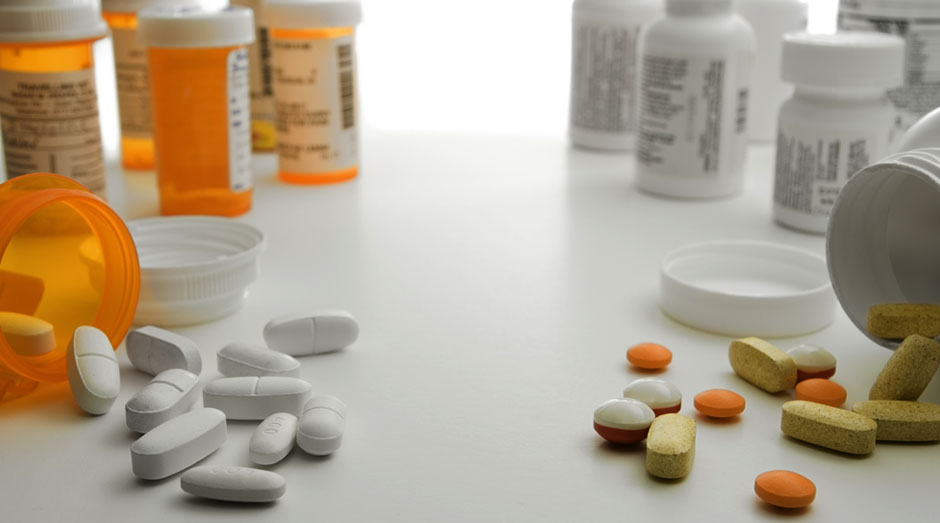GENERICS VS. BRAND

The differences are not as big as you think.
What is a Generic Drug?
When a brand-name drug’s patent protection expires, generic versions of the drug can be approved for sale.
Everyone is looking for ways to save right
now. One of the easiest ways to keep
prescription drug expense down is to
choose generic medications.
Are Generics Safe and Effective?
Most people believe that if something costs more, it has to be better quality. In the case of generics, this is not true. The standards of quality are the same for generics as brand-name. The Food and Drug Administration (FDA) requires that all drugs be safe and effective. Since generics use the same active ingredients and are shown to work the same way in the body, they have the same risks and benefits as their brand-name counterparts. When a generic drug product is approved and on the market, it has met the rigorous standards established by the FDA with respect to identity, strength, quality, purity and potency.
Generics: A Cost-Saving Option
Everyone is looking for ways to save right now. One of the easiest ways to keep prescription drug expense down is to choose generic medications. Generic drugs are typically sold at substantial discounts. The quality is not any less than brand-name medication. Generics are very high quality and the cost savings is a benefit to you. View a list of commonly preferred medications and their generic equivalents.
Is There a Generic Equivalent for Every Brand-Name Medication?
Not all drugs have a generic equivalent, but sometimes there are generic alternatives – generic drugs that belong to the same chemical family as a similar brand-name drug. Brand-name drugs are usually given patent protection for 20 years from the date the patent was submitted. This provides for protection for the developer who laid out the initial costs (including research, development and marketing expenses) for the new drug. When the patent expires, other drug companies can introduce competitive generic versions, but only after they have been thoroughly tested by the manufacturer and approved by the FDA.
Generics: Myth vs. Fact
Myth: Generic drugs take longer to work in the body
Fact: Generic drugs are formulated to work in the same way and in the same amount of time as brand-name drugs. They are the same as brand-name drugs in dosage, safety, strength, how they are taken, quality, performance and intended use.
Myth: Brand-name drugs are made in more modern facilities than generic drugs.
Fact: Both brand-name and generic drug facilities must meet the same standards of manufacturing practices. FDA does not permit drugs to be made in substandard facilities and conducts about 3,500 inspections a year to ensure standards are met. In fact, brand-name firms are connected to an estimated 5- percent of generic drug manufacturing, frequently making copies of their own or other brand-name drugs, and selling them without the brand-name.
